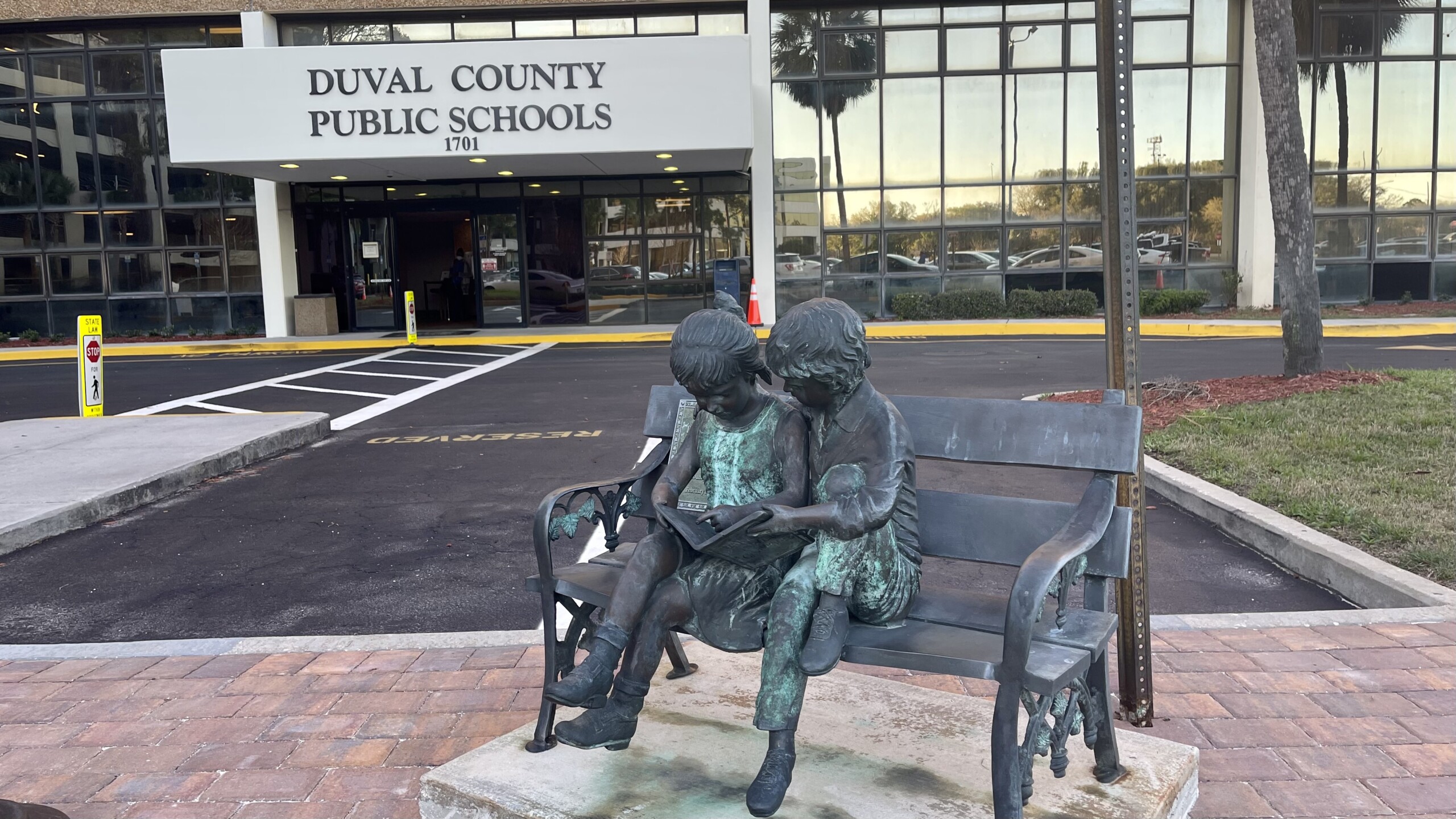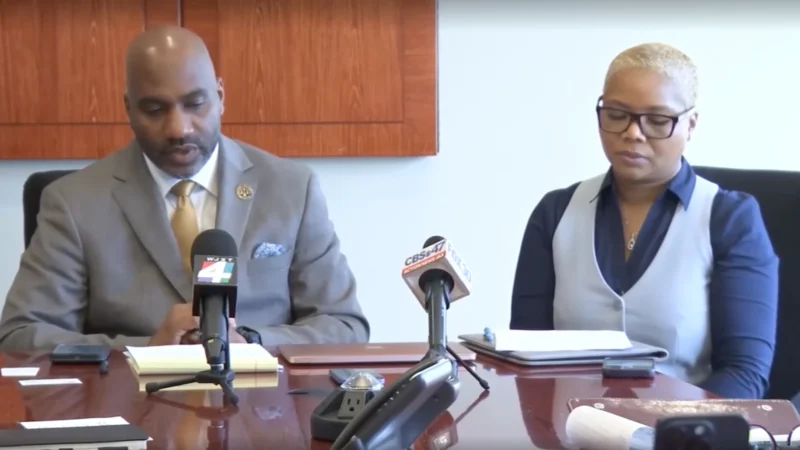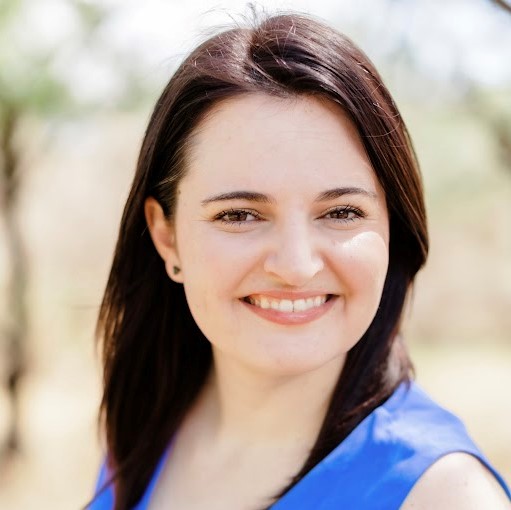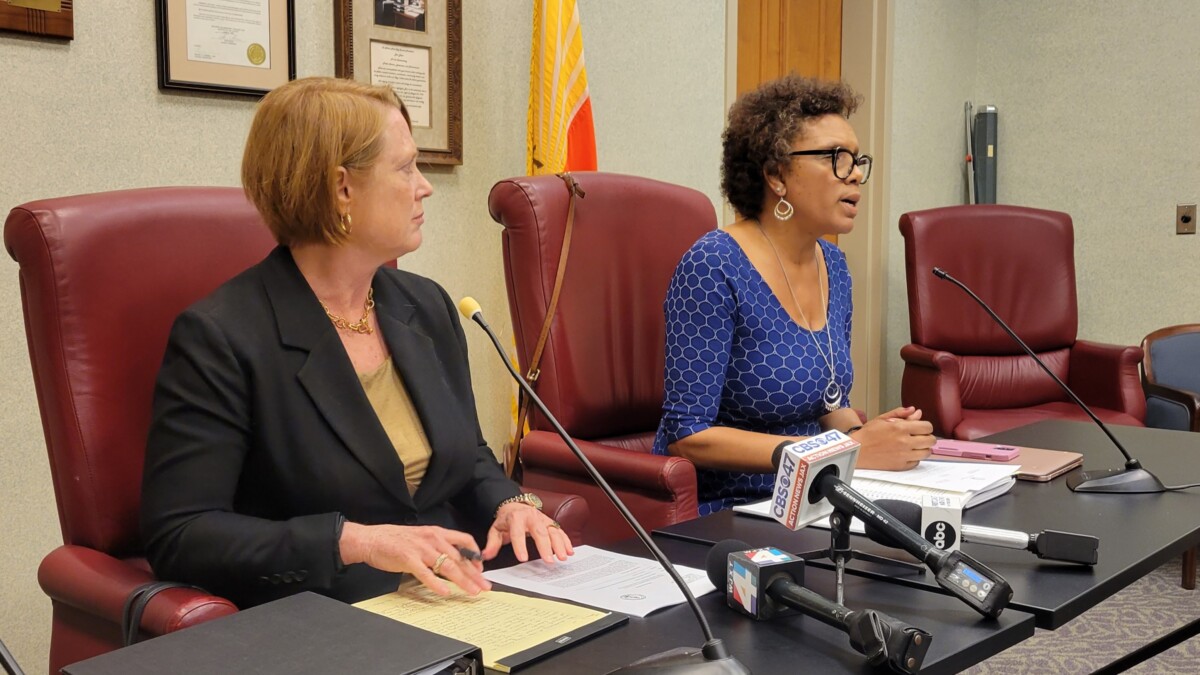Some Florida teachers and parents are grappling with how to explain disappearing books to their students, under sweeping, inconsistent book policies school districts have implemented in response to new state rules.
One avid reader – a fifth grader in a Duval school – tells Jacksonville Today, “The best part about a library is that you don’t have to be held to what you just have at home.” But lately, he’s had to bring books from home to read at school. “The thing is, some of my friends don’t have access to books like I do, and you can’t share them unless you go to their parent.”
It’s been two weeks since the district directed teachers to temporarily cover or store classroom library books, as 52 certified media specialists review classroom and school library books across the district’s nearly 200 schools – a massive undertaking that’s left some classrooms nearly bookless in the interim.
“A day hasn’t gone by that a student hasn’t asked me when the books will be back, or, ‘Where are the books?’ or, ‘How can we get some books?’” Andrea Phillips, a reading interventionist in Duval Schools, says. “They want their books back.”
Duval Schools’ schoolbook review is in response to a new state law that makes it easier for parents to contest school books, but it’s also more drastic than surrounding districts. St. Johns County Schools is letting most books stay in place in classrooms, while distributing a list of a few dozen books to be removed. Clay County Schools says it hasn’t directed teachers to remove any books yet.
Duval Superintendent Diana Greene told the School Board on Tuesday evening that the district is asking teachers to cover classroom libraries, largely, over concerns with donated books. For one, the district is trying to locate a specific classroom book a parent complained about. “It is not a book that would be appropriate for elementary children, it would be a high school book, but it was in a box of donated books,” Greene said. “So that is the caution we are taking.”
Confusion over the rules and penalties
State education officials insist the “book ban” narrative, bolstered by national coverage of empty classroom shelves in Duval County, is overblown. But some local teachers say state guidance, not just the district’s reaction to it, has contributed to mayhem.
“For a bill that was supposed to bring transparency to the classroom, it’s really just bringing utter chaos,” Phillips says. “I don’t blame our district or have any ill will toward our district; they’re really just trying to protect their teachers and they’re scrambling as quickly as they can to be in compliance.”
The state’s new rules outlined a longstanding state law about felony prosecution for distributing pornography to kids but did not provide information about the penalty for violating the new book-approval law.
In response to Jacksonville Today’s question about the penalty for non-pornographic, unapproved materials, Florida Department of Education press secretary Cassie Palelis said violating state law or state Board of Education rules could impact school staffers’ teaching certificates.
“Educators could face discipline against their certificate for violating statutes and rules that establish the groundwork for education professionals in Florida,” Palelis wrote in an emailed statement. “The Office of Professional Practices Services (PPS) investigates alleged misconduct by educators.”
The deadline for districts to comply with the law has been another source of ambiguity between school districts. Under the department’s guidance – approved a few weeks ago – superintendents have to certify “all school librarians and media specialists employed by the district have completed the online training program” by July 1, 2023.
That’s the deadline Clay County is using to review its books.“At this time, teachers have not been asked to remove any titles as this does not become effective until July 1,” Clay district spokesperson Terri Dennis wrote in an email to Jacksonville Today. “We have several elementary schools currently piloting how we will meet the new guideline next year as the classroom library is an extension of the school library.”
Duval has focused its guidance on the rest of the law’s implementation date last summer, “With the new state statutes that took effect July 1, you are on a fast track to interpret and implement them into your classroom,” the district’s academic officer told staffers in an internal training video two weeks ago.
St. Johns County Schools sends out “quarantine” lists
In St. Johns County, the guidance that’s gone out to principals is to “quarantine” books that are under parental review, before the district has determined whether the book will be tossed out in the long run.
For now, any book a parent or St. Johns County resident complains about will be pulled from shelves until the district completes its review process. In an email to principals Jan. 19, the St. Johns director of instruction resources and media services wrote, “Please ensure teachers are aware of the books pending review and ask them to quarantine any classroom copies.”
St. Johns County Schools’ list of books pending review was expanded Tuesday to include a few dozen titles, the majority of which discuss sex or gender or feature LGBTQ+ characters.
School Board member Patrick Canan says, while he understands the district’s needs to comply with state law, he’s concerned about censorship. “Some of these books, there might have been some sentences about sexually explicit material, but the rest of the story was very identifiable to some students,” Canan told the School Board Tuesday.
St. Johns Superintendent Tim Forson told the School Board Tuesday that the district has also told teachers, “When you review the books that you have, your collection in your classroom that is available to your students, that you err on the side of caution if there is a title that you’re not certain of.”
Nassau County Schools did not reply to requests for comment.
What’s next in Duval Schools
Amid national scrutiny, and some local outrage, Duval Schools says, “The list of approved books grows every day as certified media specialists conduct reviews and post new titles to the approved list.”
The district has not publicly released its list of approved titles nor confirmed the accuracy of a spreadsheet teachers shared with Jacksonville Today, but in an emailed statement, the district says, “Throughout this process, there should not be a case when a classroom doesn’t have any books. At the very least, students should have access to the state B.E.S.T. titles,” among other state-approved book sets.
Reading interventionist Andrea Phillips says, in her experience, the limited set of Florida B.E.S.T. books are “pretty low interest, and it’s not diverse.” Many of the books on the list of about 25 titles per grade level are classic novels, written decades before current students were born.
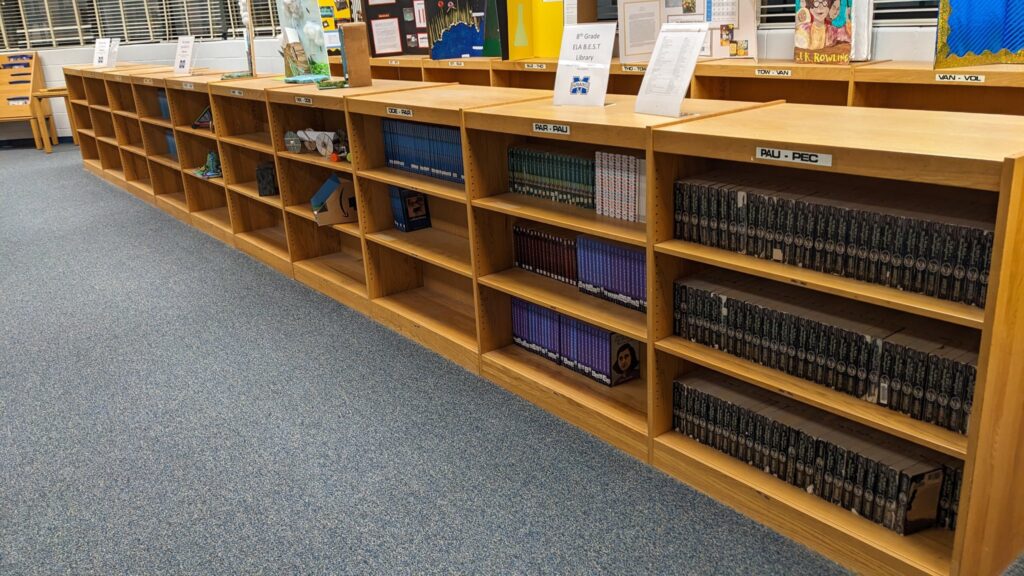
Duval School Board member Darryl Willie says his third grade daughter came home one day after school recently and said she had a horrible day because they had to pack up their classroom books. “So I’m experiencing this just like other parents are,” Willie says. “I have a feeling it’s going to be detrimental to many of our kids. Where are we pulling books from? Some of our kids do not have access, and now we’re expecting them to do great on a test, but they don’t have text to read in a classroom.”
The district has continued to emphasize that the empty bookshelves are temporary, and that teachers can return books to their classroom as they’re approved. As of Monday evening, media specialists had approved about 2,000 books, according to the district.
Superintendent Diana Greene told the School Board on Tuesday there are 1.6 million titles across Duval Schools.
Editor’s note: This story was updated on 2/13/23 with a response from the Florida Department of Education.
Corrected: This story originally had the total number of titles as 6.1 million instead of 1.6 million.


